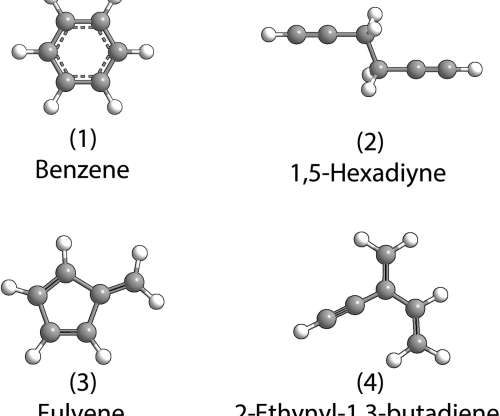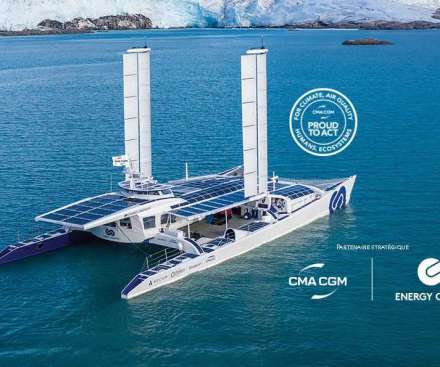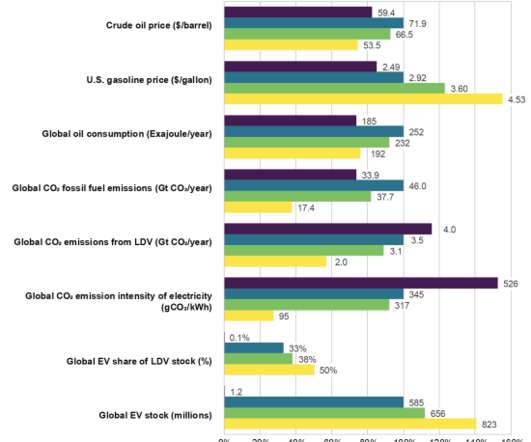Insight into benzene formation could help development of cleaner combustion engines
Green Car Congress
JUNE 10, 2021
That insight could also help the car industry make cleaner combustion engines. The industrial processes behind crude oil refineries and the inner-workings of gas-powered combustion engines can emit PAHs, which can form into toxic air pollutants such as soot. Zhao et al. PAHs have a dark side, too.














































Let's personalize your content